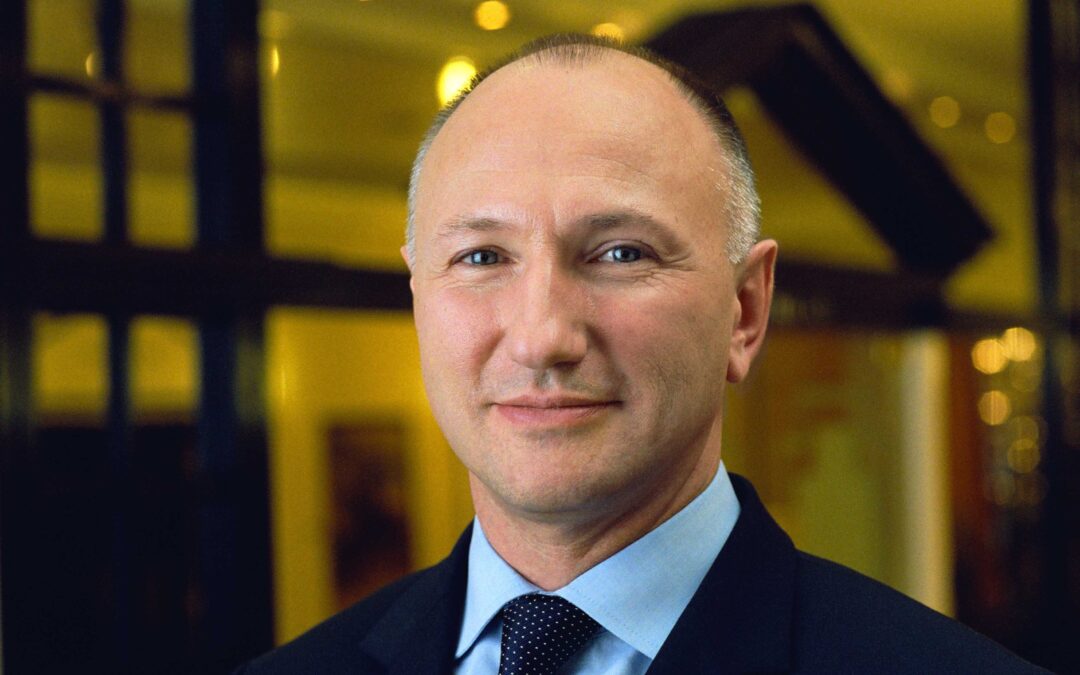
Lithuanian capital pharmaceutical company Norameda opened a branch and e-pharmacy in Poland almost two years ago. According to the CEO of Norameda of the Polish Branch, Arvydas Norvaišas, the market in the neighbouring country is challenging but still appealing.
“Polish pharmaceutical market value is around 9.4 billion euros. And it is growing. Market value growth was 14.1% in 2022, with 10% growth projected this year (to 10.4 billion euros)”, says A. Norvaišas, leader of the Norameda branch in Poland.
The highest growth in 2022 was in the OTC sector at 16.5%, the prescription non-compensated sector grew at 19.8%, and the prescription reimbursed at 5.1%.
“Inflation and rising medicine prices were the main drivers of this growth”, says A. Norvaišas.
Pressure to cut prices
The inflation rate in Poland was 14,4% in 2022. Although the increase in the price of medicines was below inflation, the cost of non-prescription medicines grew by 8.6%, prescriptions reimbursed by 3.3% and prescriptions not reimbursed by 8.4%.
“Polish government is putting high pressure on all pharmaceutical companies to cut prices. And this year, they slightly decreased the budget for reimbursing medicines: from EUR 4.14 billion to EUR 4 billion”, says A. Norvaišas. “Therefore, introducing new medicines is quite complicated at the moment.”
No surprise, generic medicine companies are on the rise. As well as Polish pharmaceutical companies that the government supports highly.
“There is no such law, but if you are entering the market with a new product, it would be better to manufacture it in Poland or at least have research done there”, says A. Norvaišas.
ES sanctions delays the recovery
The Polish market shows post-pandemic symptoms: shortages of certain medicines, changing demand for others, growing need for speciality medicine, and neglected diseases, such as diabetes, pulmonology, cardiology, and especially oncology.
“Also, ES punishes Poland for internal policies regarding the law system. As a result, ES funds for post-pandemic recovery are postponed when other countries have been using them for a long time,” says A.Norvaišas.
However, optimism is low, as the Polish government is discussing the possibility of introducing new taxes for pharmaceutical companies.
According to the leader of Norameda in Poland, another issue Poland is dealing with is the shortage of doctors. As a result, some measures were taken: whereas before 2015, there were only 12 higher education institutions training doctors, there are now 24, and by 2023, there will be 27-28. So the first wave of new graduates is expected this year.
Norameda in Poland
Norameda felt the direct impact of the recent Polish market challenges and the tendency to cut costs. Unfortunately, after months of hard work, the government neglected a product for urology patients due to its “low impact on society” – though vitally important, but too niche.
“Still, we are doing well with hospital medicines, especially in oncology”, – says A. Norvaišas. “And I’m especially thrilled with the SteriPharm product line for family planning and health: supplements for women before, during and after the pregnancy, for lactation and helping with vomiting, or even for the increases of male fertility”.
Norameda representatives are also putting much hope into the long lasting cooperation with originator of medicine for Parkinson’s disease – product is expected to enter Polish market in due time.
A few more new products for the hospital market should be added to Norameda’s basket by the end of the year.
“We are also witnessing a renaissance of medical representatives. Though the shift to e-systems was overwhelming, direct contact with doctors proved significantly more effective, as doctors are hungry for regular communication”, says A. Norvaišas.
